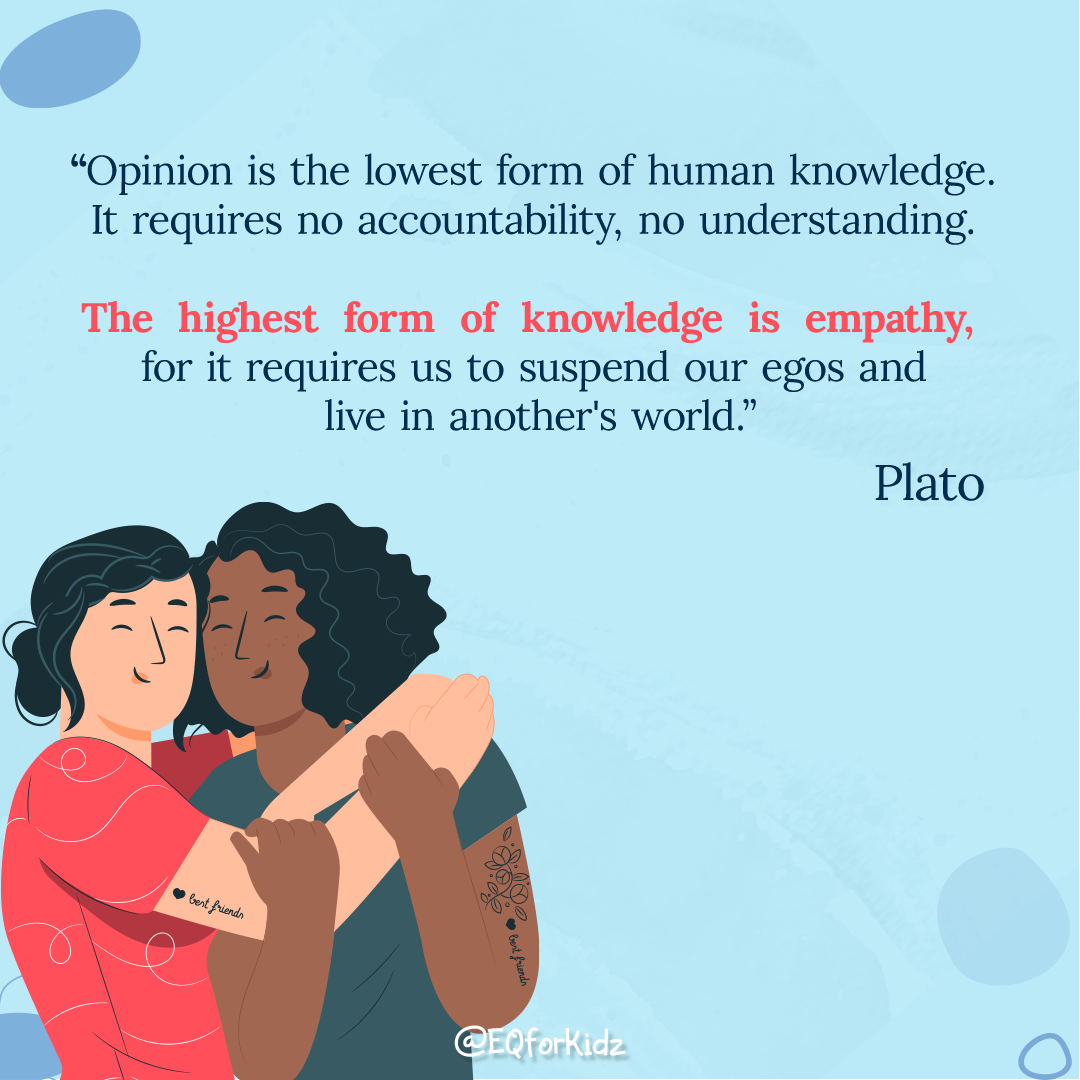“Connecting with your child, effectively and meaningfully, is the biggest issue hovering over any parent’s mind 24hrs a day. Let’s decode and simplify it.”
The best term to define our lives these days is “Busy.” Everyone is busy: busy with work, commitments, deadlines, schools, extra-curricular activities, so busy that making time for each other and family also has to get a slot in the calendar. And in the race of winning the busy-ness, we often forget to nourish and nurture the parent-child bond.
Parenting is the most challenging job in the world that demands constant learning and growing as your child grows up. The key element in every parenting is the parent-child relationship that determines how much of the teaching you try to impart actually gets absorbed and implemented and is essential for your child’s holistic growth.
A parent-child bond outlines your relationship, as a parent, with your kid. It is the first relationship your baby has in his life, and it plays a crucial role in developing other future relationships. It also decides the values, behavior, and attitude of the child. A strong and positive bond can have many advantages:

The essential meaning of connecting is to feel, understand, and comprehend what another person is going through. While it is easy to show sympathy, the best kind of connection is the one that comes from empathy.
(Hear EQ coach Susanna explain more about the difference between sympathy and empathy below. Before you watch the video, be sure to grab your free PDF worksheet to follow along with Susanna.)
(Also, check out our free downloadable cool resources that you can use to strengthen the bond with your kidz!)
Here are some 4 simple tweaks and tricks you can adopt in your lifestyle and your time together to connect more meaningfully with the kidz in your life:
Kidz need to be heard, seen, and appreciated as much as adults. Next time when you sit with them, just be present, talk to them but more importantly, listen to what they have to say. Get off the phone, keep that to-do list on the side, no multi-tasking, just follow their lead.
Be an active listener in the conversation with your little one. Listen, react, ask questions and engage more than just saying yes or no. This encourages kids to share more about their lives and tells them that what they share is important to you.
If they come and tell you about a fight they had at school or with a friend, don’t go ahead and try to resolve it straight away and refrain from giving a judgment. Instead, engage them by asking details like “Tell me more about it” or “how did that make you feel?”. Doing this will give them a comfortable environment to open up, and they will feel safe in sharing their feelings.
I understand, as a parent, that we have to look at the bigger picture and keep the parent lens on most of the time to keep our little ones safe and healthy. But from time to time, take that filter off, and try to see the world from your kidz’ point of view.
As grownups, we might not always look at our child’s problems the way they see them. Quite often, our reaction is to tell them that “it’s okay” or “it’s not a big deal!”. But for them, it is! The issues that seem tiny and unimportant to us may be a lot more critical to kidz.
Next time, when your child is trying to tell you about how his friend broke their favorite toy or how nervous she feels performing in front of the class, instead of saying “don’t worry” or “it’s fine,” try to understand their feelings, fears and worry by putting yourself in their place and feeling what they are going through.
“The truth is, rarely can a response make something better – what makes something better is connection.”
-Brene Brown
Before making any big decisions and changes in your and your kids’ lives, connect with them by sitting with them, giving them space to feel and express their difficult emotions, and guiding them to process and regulate these complicated feelings.
For instance, your child is having a hard time because you are moving to a new city, and he has to leave his previous school and leave behind his close friends. Before breaking the news, connect with them at a deeper level, explain to them the situation and circumstances for the move, and let them know that what they feel is natural. Don’t expect your kid to be instantly okay with it. Tell them, “I understand you feel sad leaving your friends behind. It makes sense that you feel that way. You can always share these feelings with me.”

Simple habits and methods can go a long in building healthy relationships with your kidz and help heal unhealthy relationships.

At some point in life, every parent has a fear of losing the connection with their child. We fear our kidz will not be as close to us when they grow up as they are now. And this fear sometimes pushes us to force this bond on our kidz. But instead of fear, choose to connect with love. Put your love in action, feel their emotions with them, see the world from their lens. Help them identify their feelings, validate those feelings, and more importantly, be present with them (without judgment) when they deal with difficult emotions.
